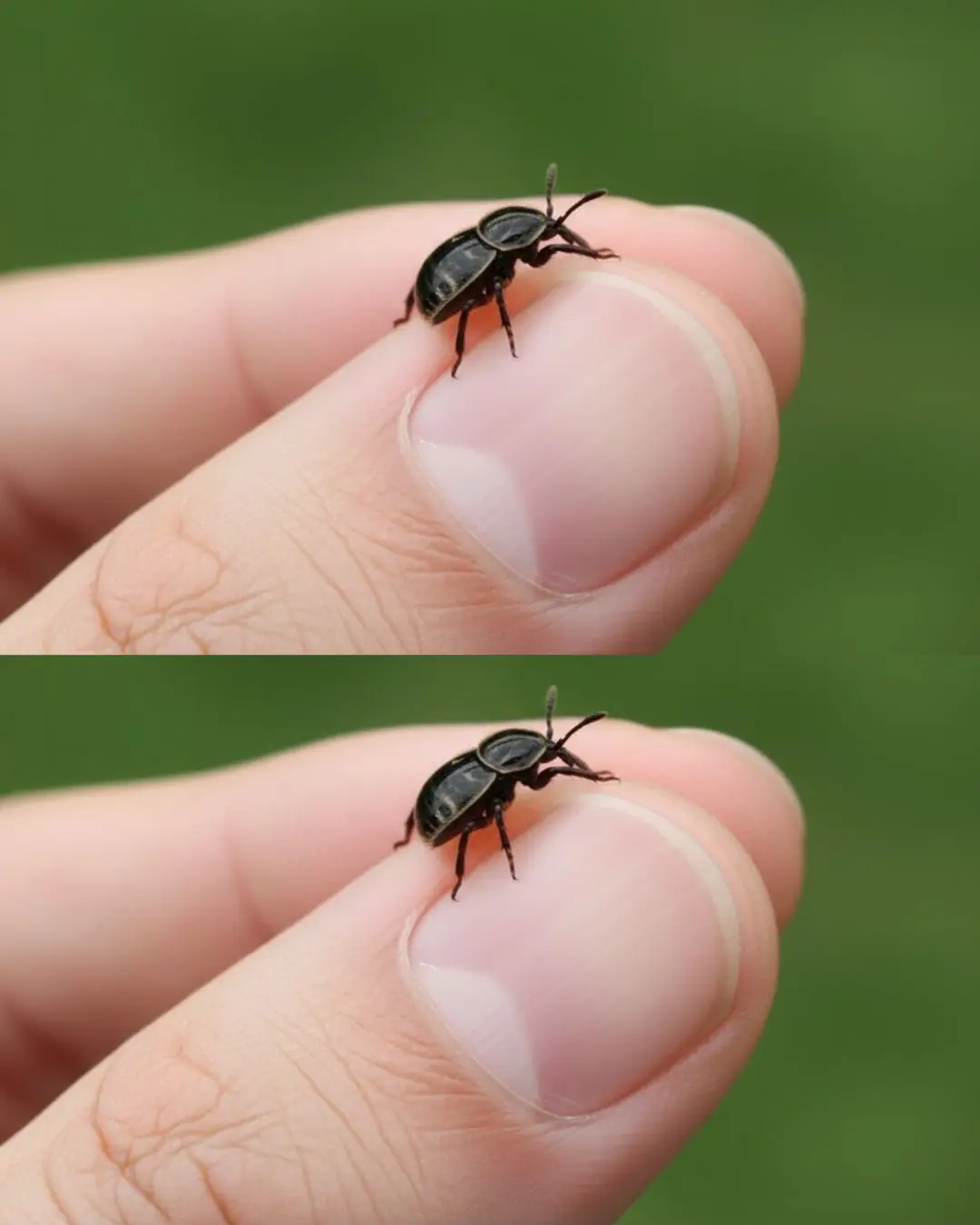
‘I Know That Unequivocally Is Not True’: Stephen A. Told Cari Champion I Made You Why Would I Play You, But Jemele Hill Says It Wasn’t Like That
Stephen A. Smith Fires Back at Michelle Beadle and Cari Champion, Sparking a New Wave of ESPN Drama
Stephen A. Smith used a recent episode of his “Straight Shooter” podcast to address what he describes as unfair and distorted portrayals of him from former ESPN colleagues Michelle Beadle and Cari Champion—a conflict that has now snowballed into one of the most public ESPN rifts in years.

The tension reignited when Beadle criticized Smith in an interview, claiming she did not “respect him or his work,” describing herself as “praying for his downfall” (The Athletic). Champion later amplified Beadle’s comments under a social media post, adding her own pointed critique.
Champion, in a video Smith replayed on his podcast, referenced past controversies on First Take, saying:
“I’m old enough to remember being on that show and getting in trouble based on some comments you made about women and knowing their place when it comes to abuse or non-abuse — Ray Rice comes to mind.”
She then questioned Smith’s consistency:
“Beadle came for you again, like she did when I was at ESPN. Do you keep that same smoke for her that you have for Jasmine Crockett, Michelle Obama, me, and Jemele Hill? Keep the same energy.”
Smith’s Response: “I’ve Always Supported You”
Smith pushed back hard:
“I’ve shown you nothing but love… You were hired at First Take in large part because of me. You stayed as long as you stayed because of my support.”
Smith’s framing—suggesting he was instrumental in Champion’s rise on the show—opened the door for another former colleague to jump in.
Jemele Hill Enters the Chat: “That’s Not How It Happened.”
On her own podcast, journalist and former ESPN host Jemele Hill countered Smith’s claims, saying his recollection was exaggerated and self-serving.
Hill has often acknowledged that Smith opened meaningful doors for Black journalists, including giving her national visibility on his ESPN show Quite Frankly (USA Today). But she drew a line at what she called “revisionist history.”
“You didn’t get Cari Champion on First Take. That’s 1000 percent not true. Gerry Matalon did that,” Hill said, referring to a respected former ESPN talent executive (The Hollywood Reporter).
Hill said Smith’s claims fit a pattern:
“I’ve heard you frame things like ‘If it wasn’t for me, you wouldn’t be here.’ You’ve said something similar about me. I’m not discrediting what you’ve done, but this story isn’t accurate.”
Hill added sharply:
“You didn’t know Cari from a can of paint.”
Inside ESPN: What Cari Champion Actually Dealt With
Hill and Champion became close during their overlapping years at ESPN. Their bond later evolved into multiple joint media projects, culminating with their Vice TV series Cari & Jemele (Won’t) Stick to Sports (Variety).
Because of that closeness, Hill said she witnessed how difficult Champion’s experience on First Take was from 2010 to 2015 — especially navigating the strong personalities of Stephen A. Smith and Skip Bayless.
“Cari had a very tough time. It’s an aggressive environment. She didn’t feel heard, respected, or valued,” Hill said (ESPN Archives).
Hill recounted moments where Champion expressed wanting to quit, feeling overshadowed and dismissed on-air:
“Skip’s competitiveness permeated the entire show. The way both of them sometimes talked over her or ignored her bothered me.”
Hill said the tension even ended her friendship with Bayless after she publicly defended Champion around 2013 (The New York Times).
Context: ESPN’s Long History of Behind-the-Scenes Power Struggles
Media analysts note that ESPN has always had “high-stakes internal politics,” with talent competing for airtime, contracts, and influence—tension intensified by social media and the rise of personality-driven debate TV (The New York Times), (The Ringer).
The Stephen A.–Beadle–Champion–Hill triangle touches several long-running themes:
-
The role of Black women on sports debate shows
-
Smith’s enormous influence and polarizing reputation
-
ESPN’s culture of competitiveness
-
The blurry line between mentorship, power, and narrative control
-
The emotional labor expected of moderators on male-dominated debate programs
This round of public back-and-forth has revived older conversations about workplace dynamics, credit versus control, and how careers are shaped—or claimed—within ESPN’s ecosystem.
A Saga Still Unfolding
While Smith insists he has been unfairly targeted and misrepresented, Hill and Champion argue that his public version of events inflates his role and downplays their challenges.
What began as a social media comment has morphed into a broader reckoning about history, truth, ego, and influence at one of sports media’s most powerful institutions.
And as any longtime viewer of First Take knows, these personalities are not known for backing down quietly.
The saga may be far from over.
News in the same category

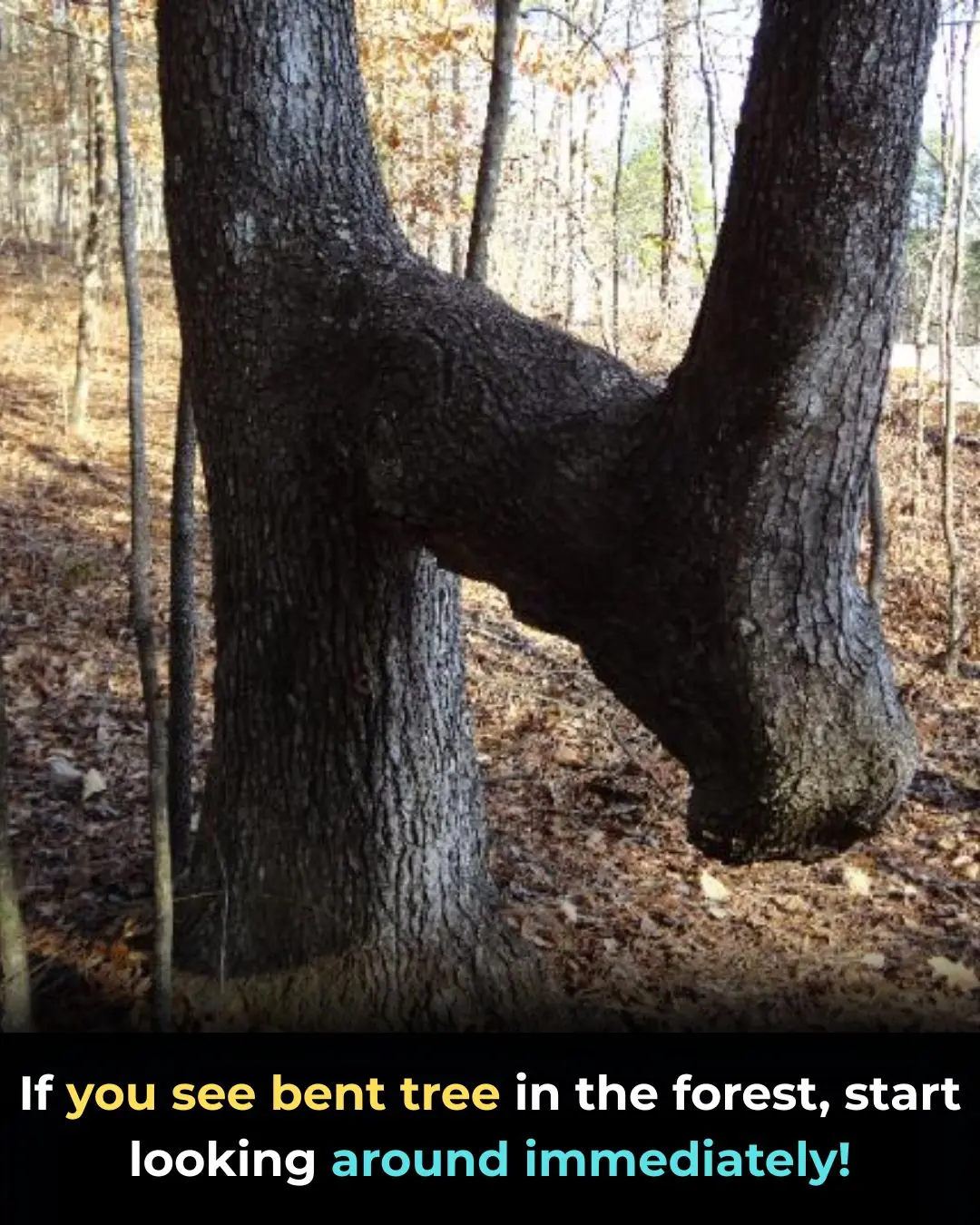
If You See A Bent Tree In The Forest, Start Looking Around Immediately
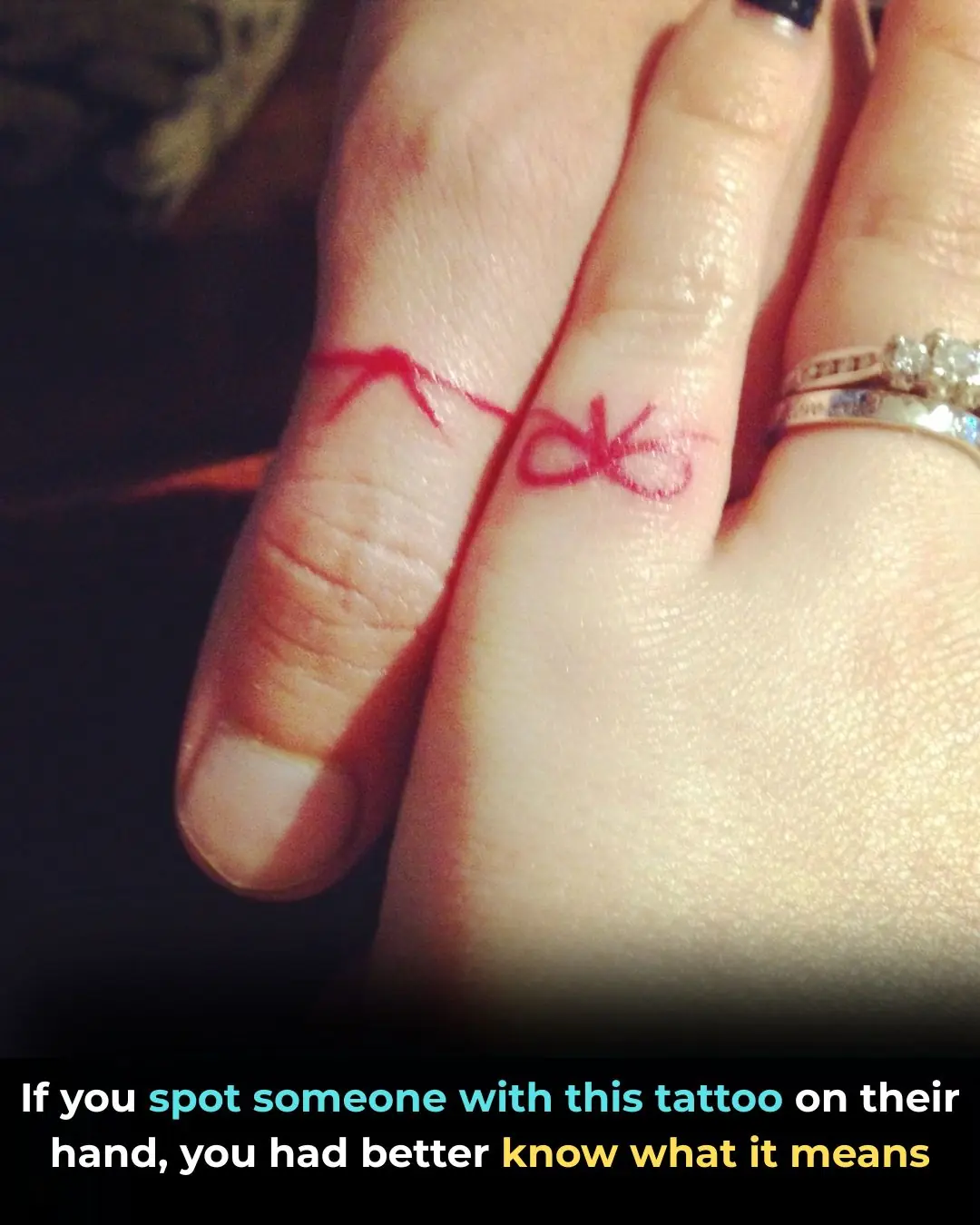
If You See Someone With This Tattoo On Their Hand, Here’s What It Means
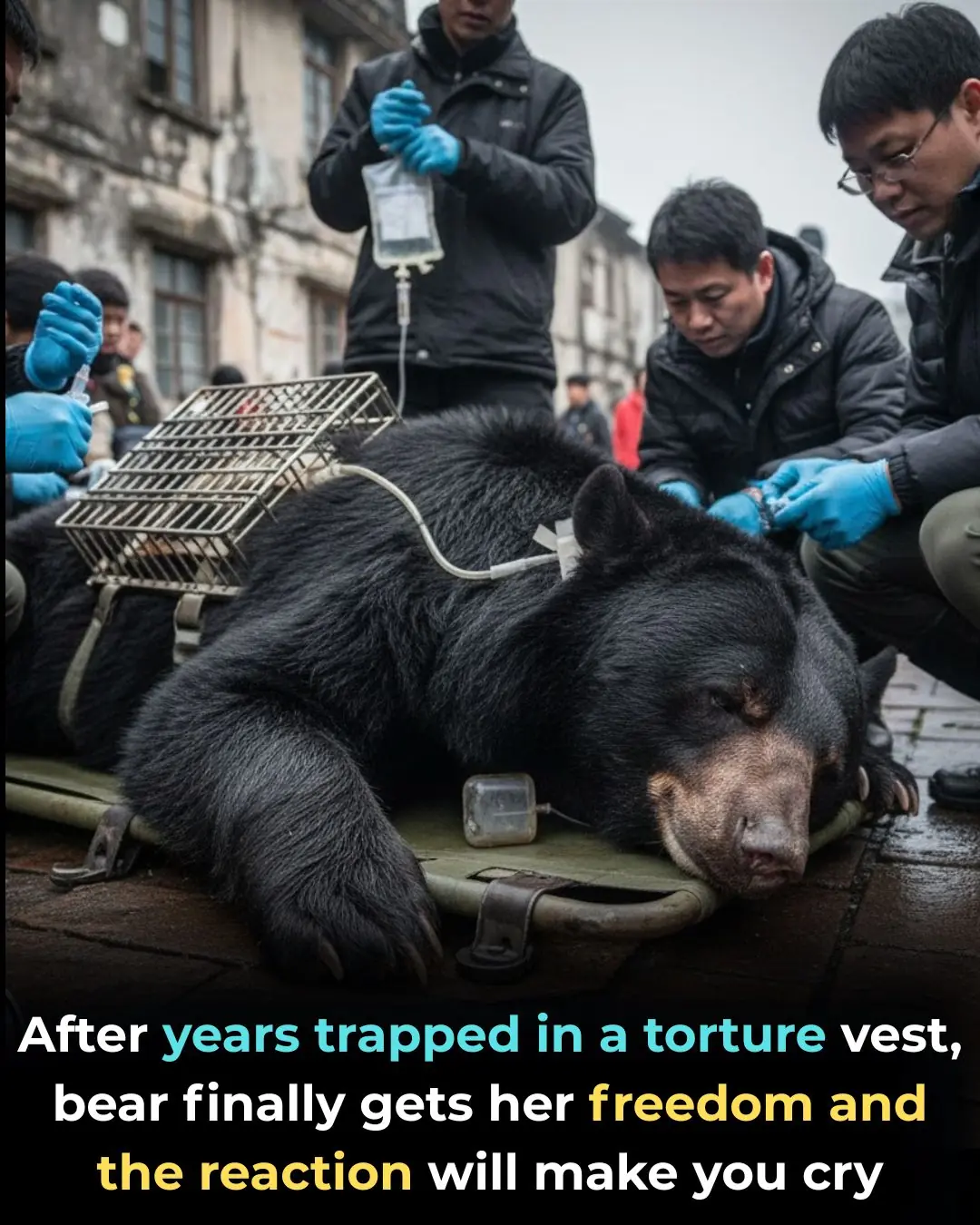
Bear Caesar Finally Freed After Years In Cruel Torture Vest
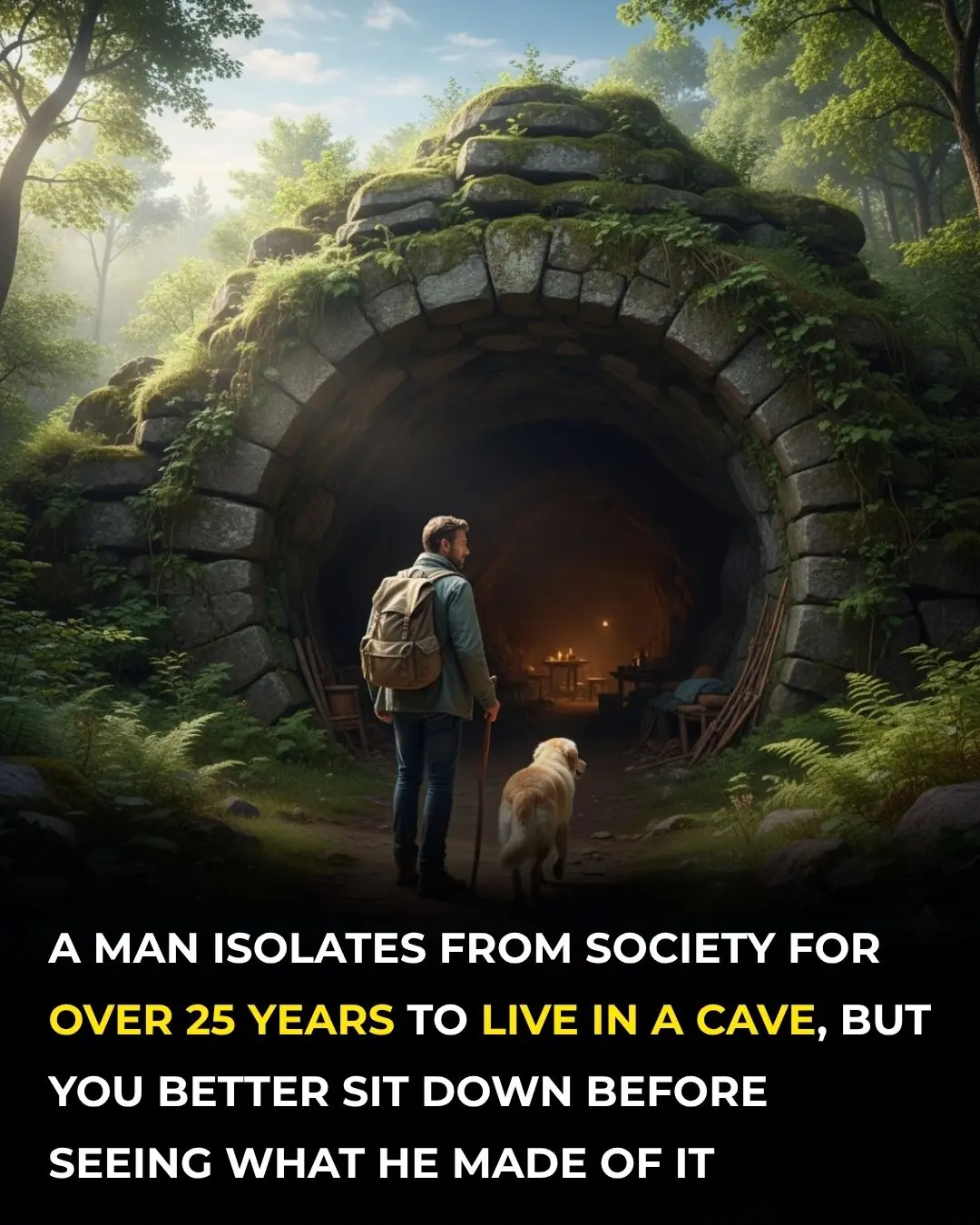
Man Isolates Himself From Society For Over 25 Years. What He Does Is Beyond Belief

Chilling Final Posts Emerge From TV Host’s 19-Year-Old Daughter Before Her Tragic Death In Los Angeles

Lady Frederick Windsor brands royal family’s lives ‘total hell’: ‘A form of torture’
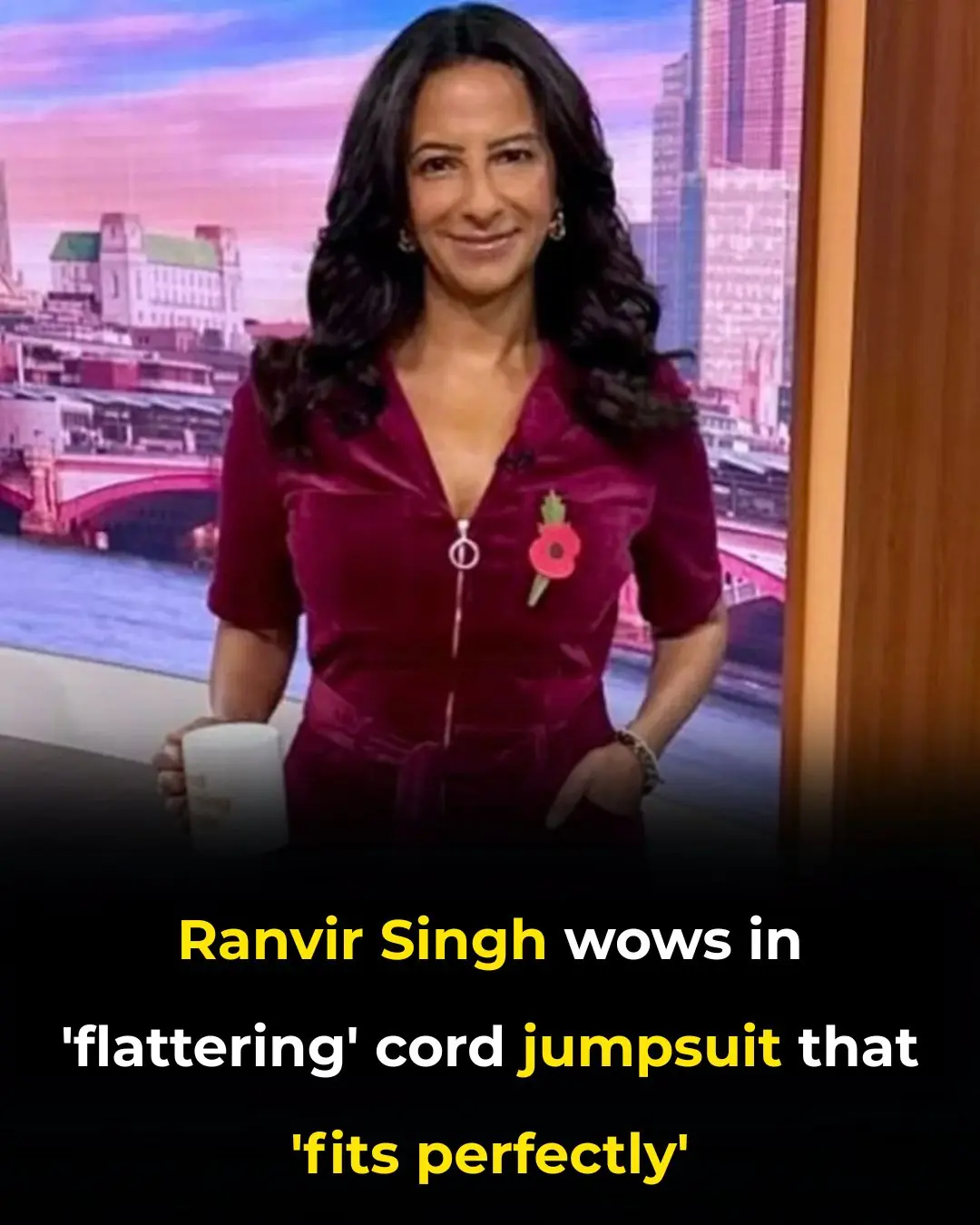
Good Morning Britain's Ranvir Singh wows in flattering cord jumpsuit that 'fits perfectly'
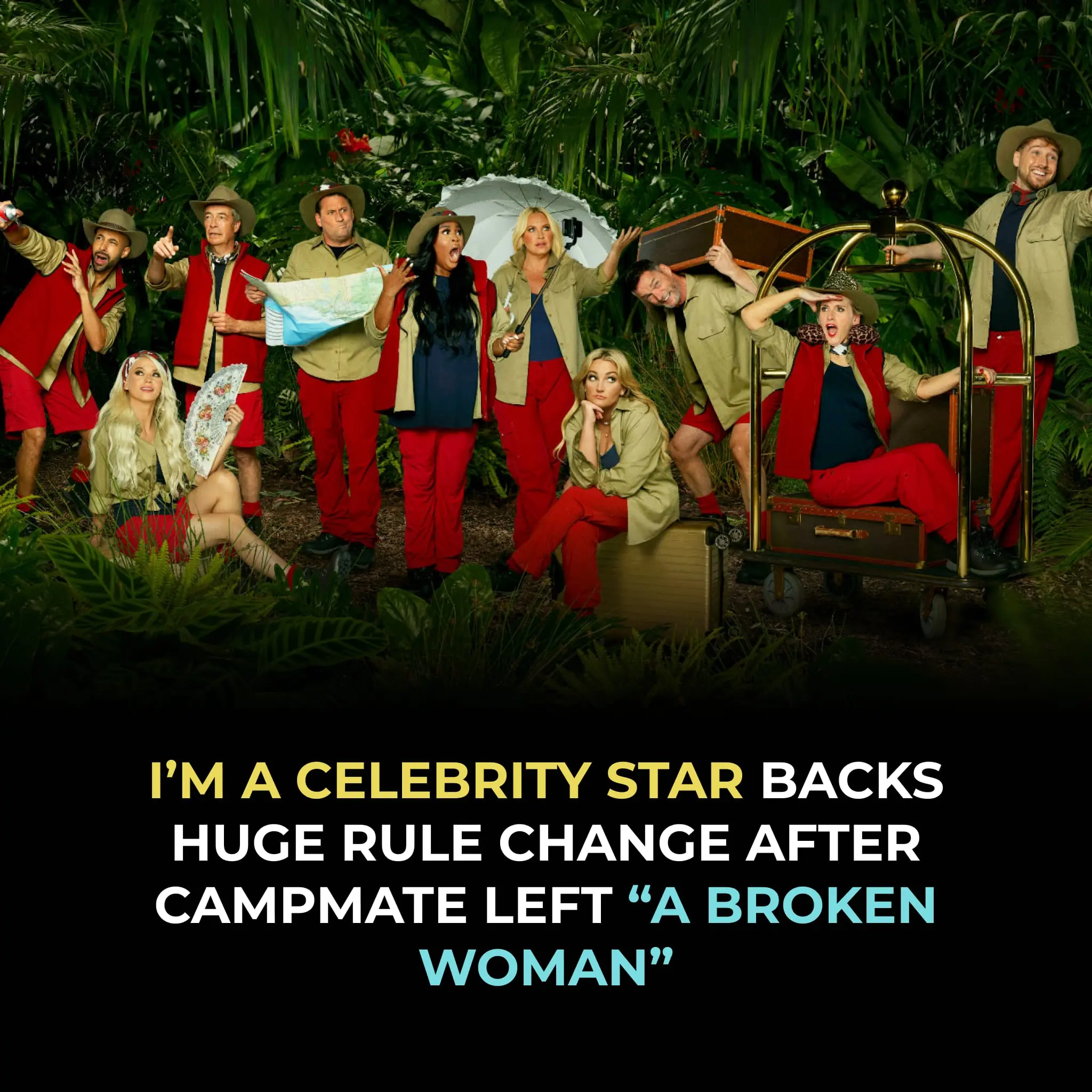
I’m A Celebrity star backs huge rule change after campmate left “a broken woman”
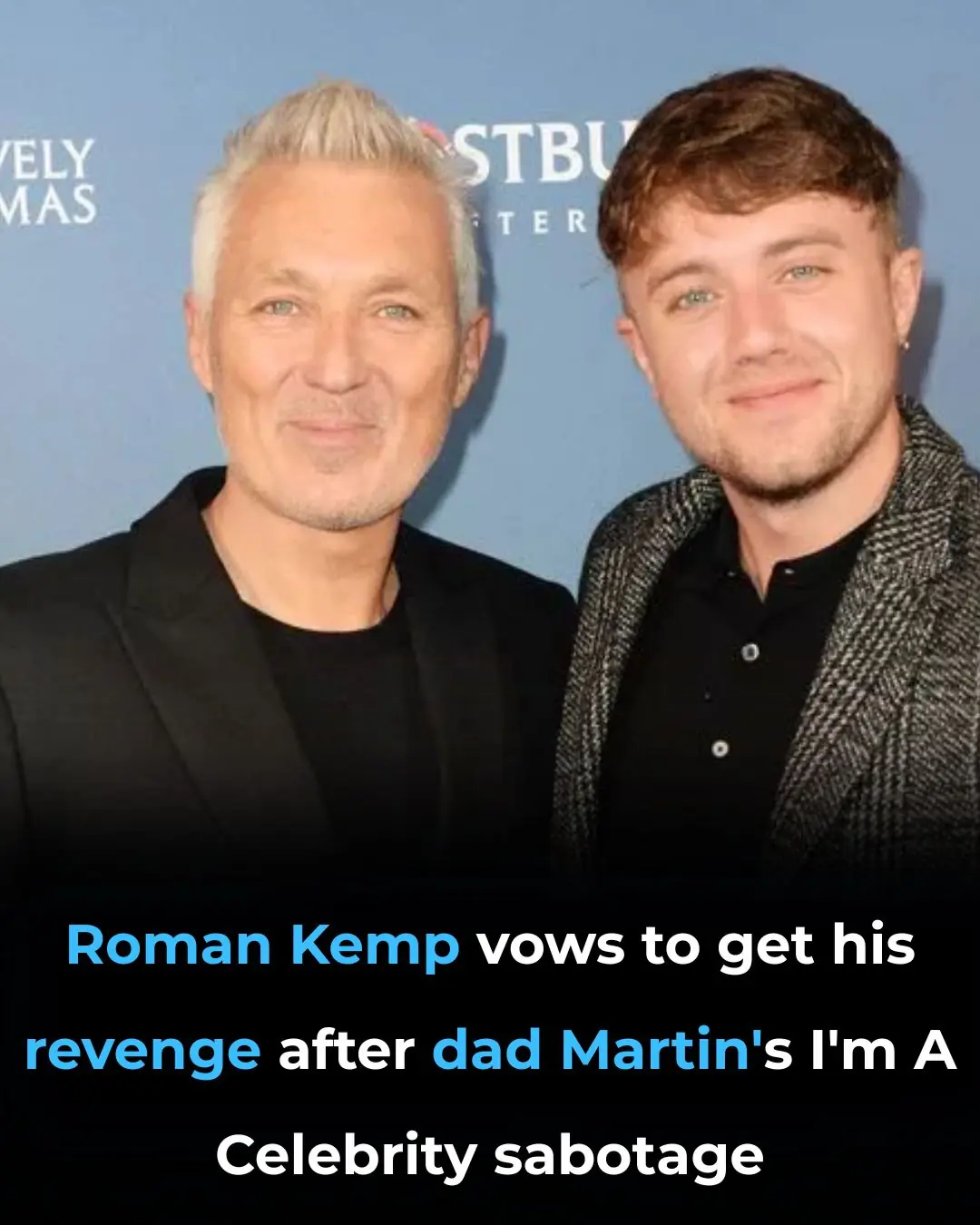
Roman Kemp vows to get revenge after discovering dad Martin's I'm A Celebrity sabotage
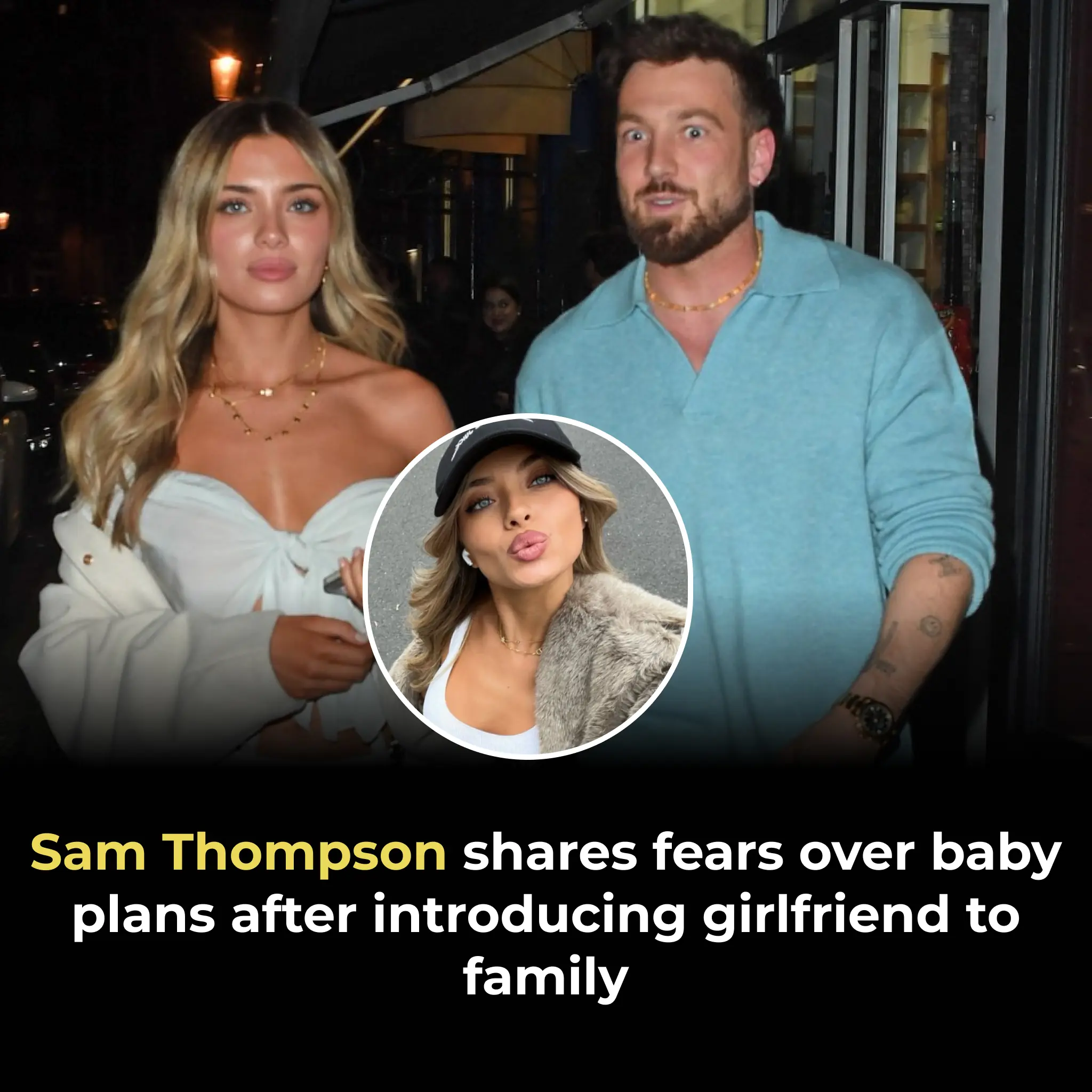
Sam Thompson shares fears over baby plans after introducing girlfriend to family
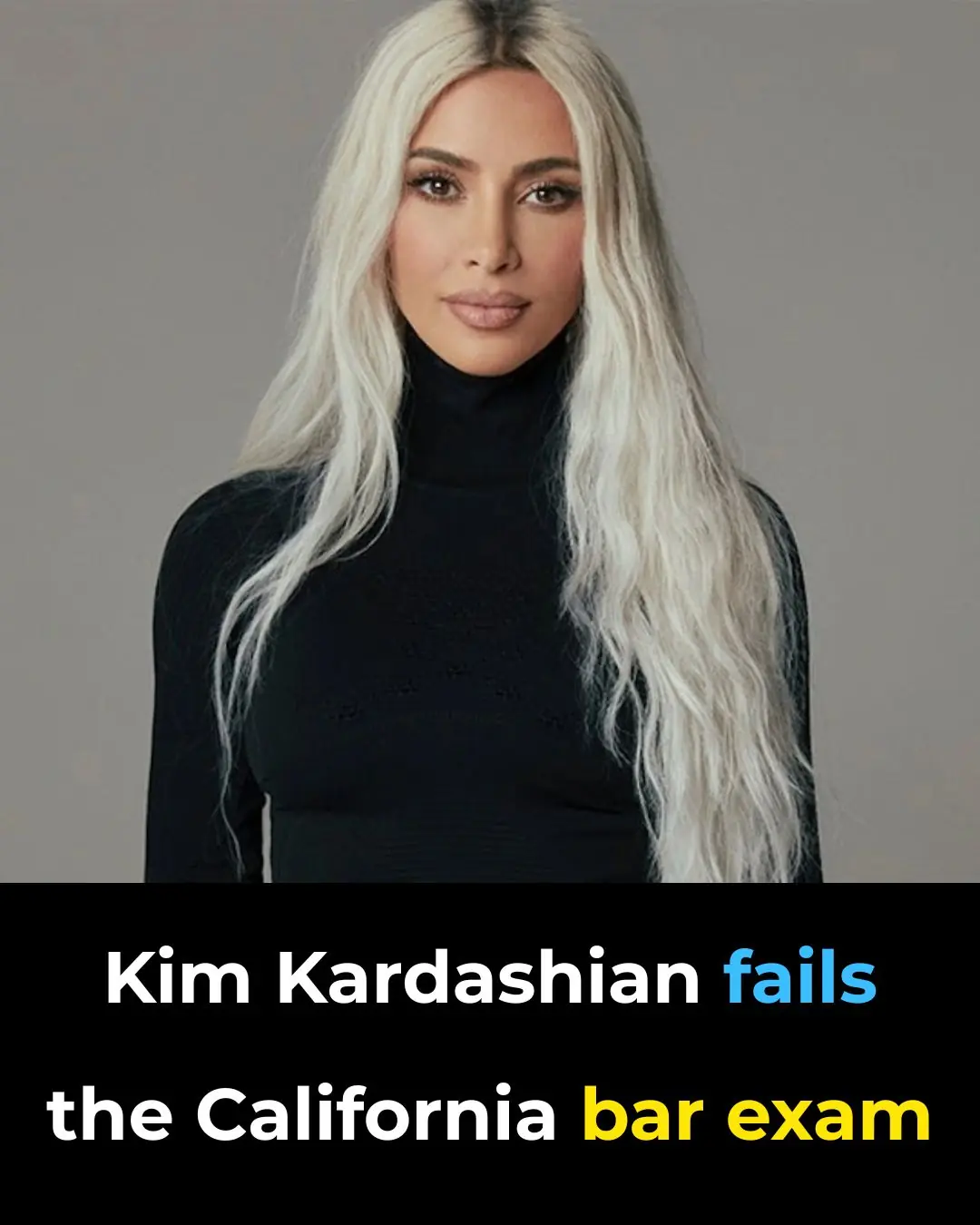
Better Luck Next Time ... And There Will Be One!!! Didn't Pass Bar Exam
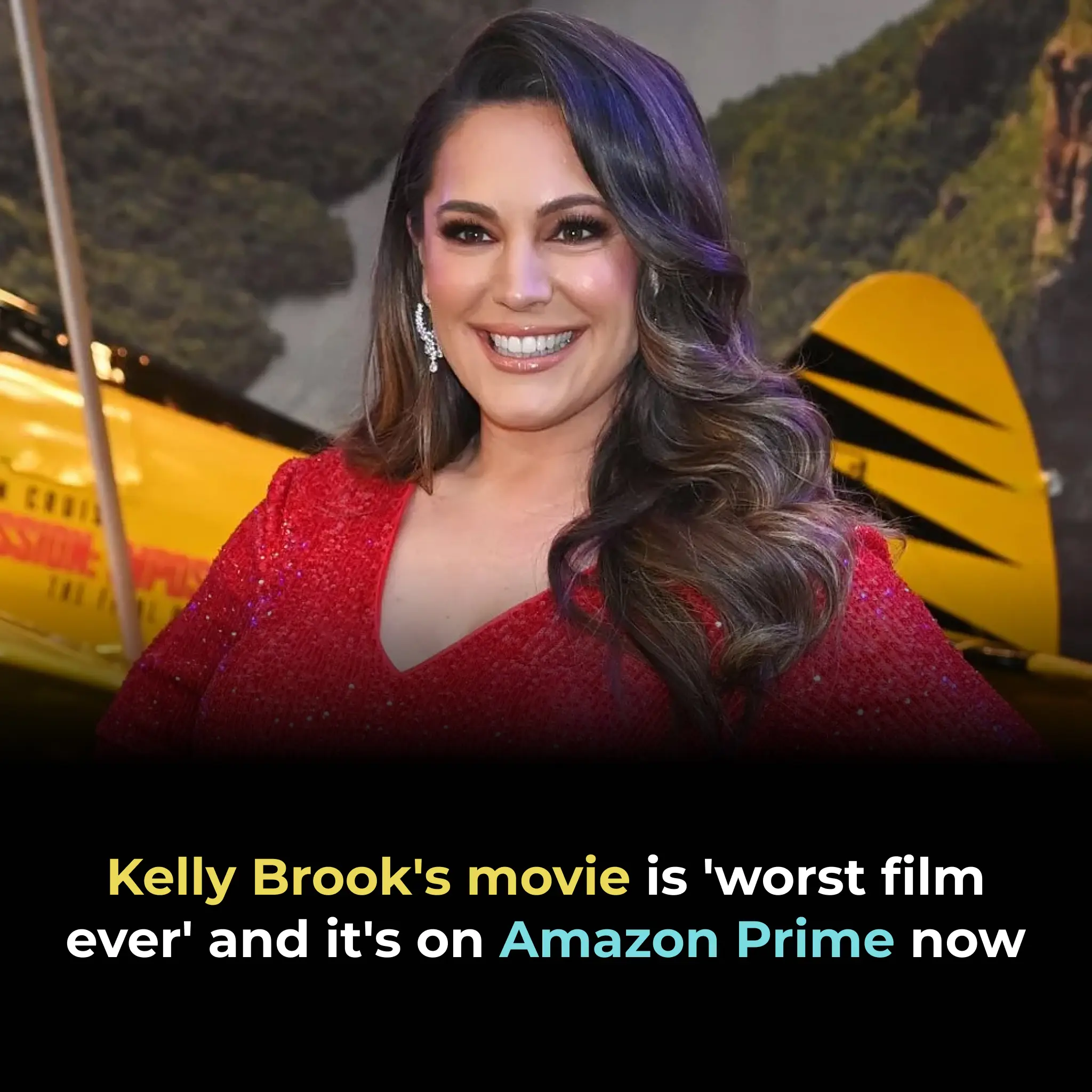
Kelly Brook's movie is 'worst film ever' and it's on Amazon Prime now

Olly Murs in shock split confession from Amelia: “I was in quite a bad place”
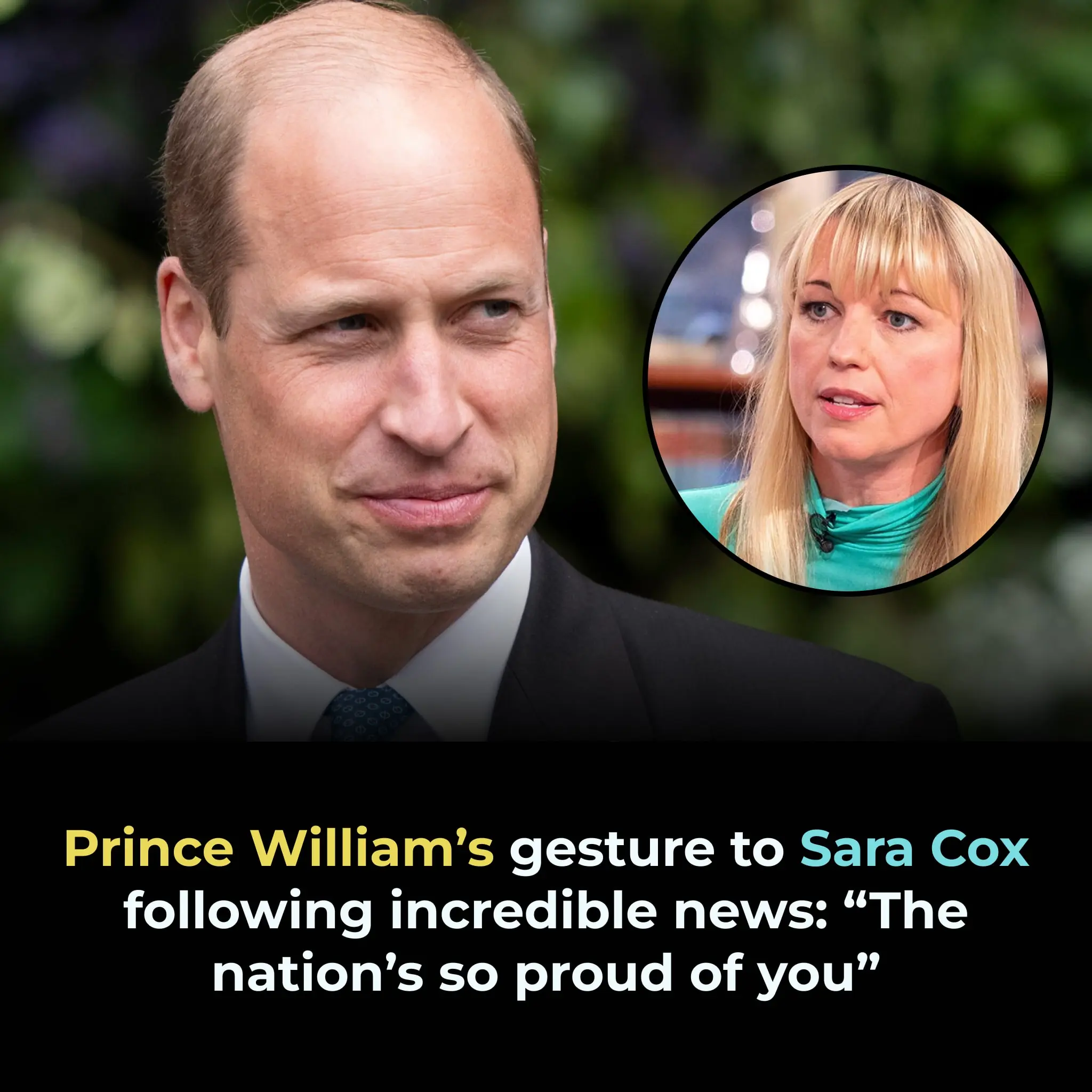
Prince William’s gesture to Sara Cox following incredible news: “The nation’s so proud of you”
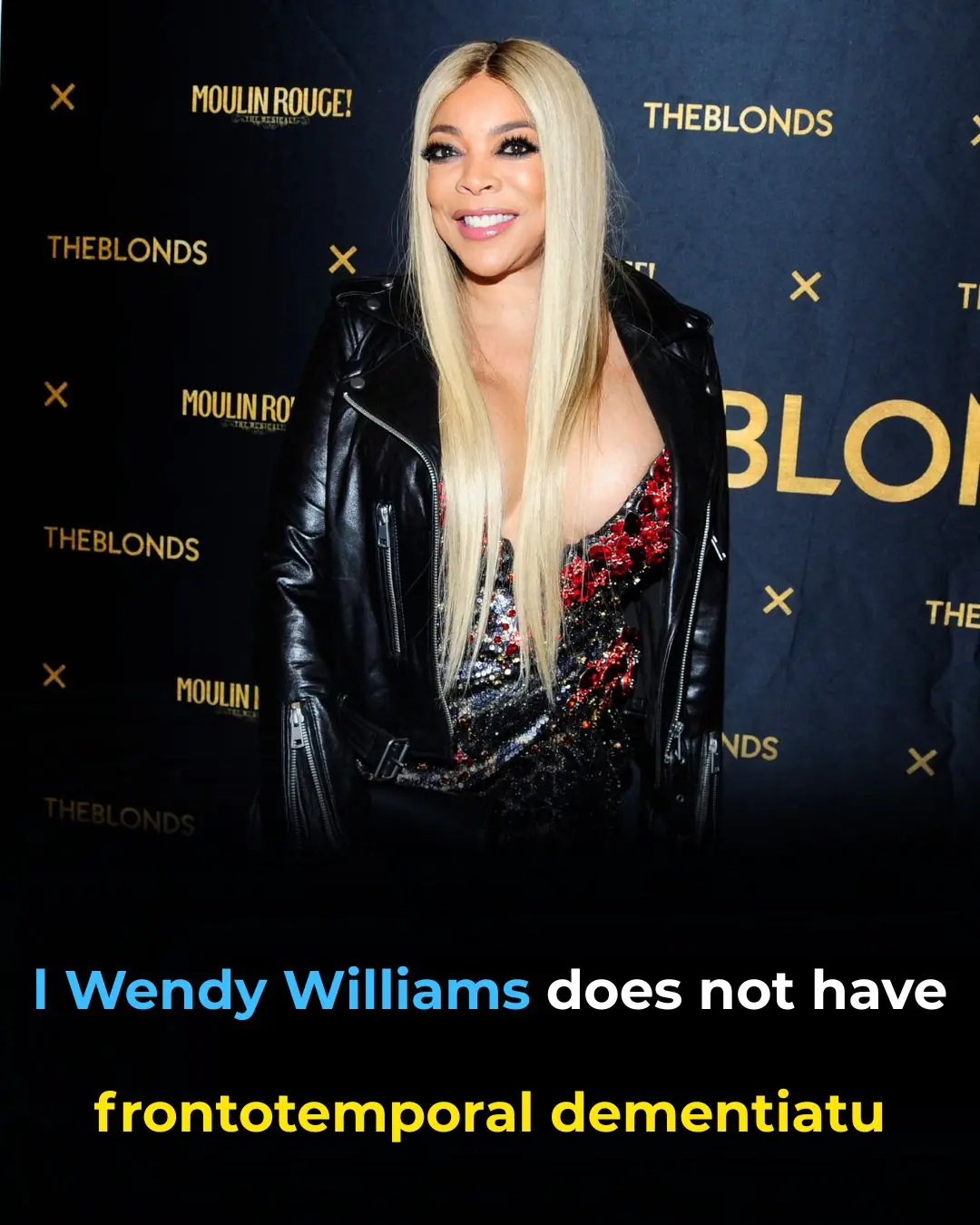
My Neurologist Says, No Frontotemporal Dementia!!!

Strictly’s Craig Revel Horwood “stunned” after doctor’s devastating health diagnosis: “The horrible truth”
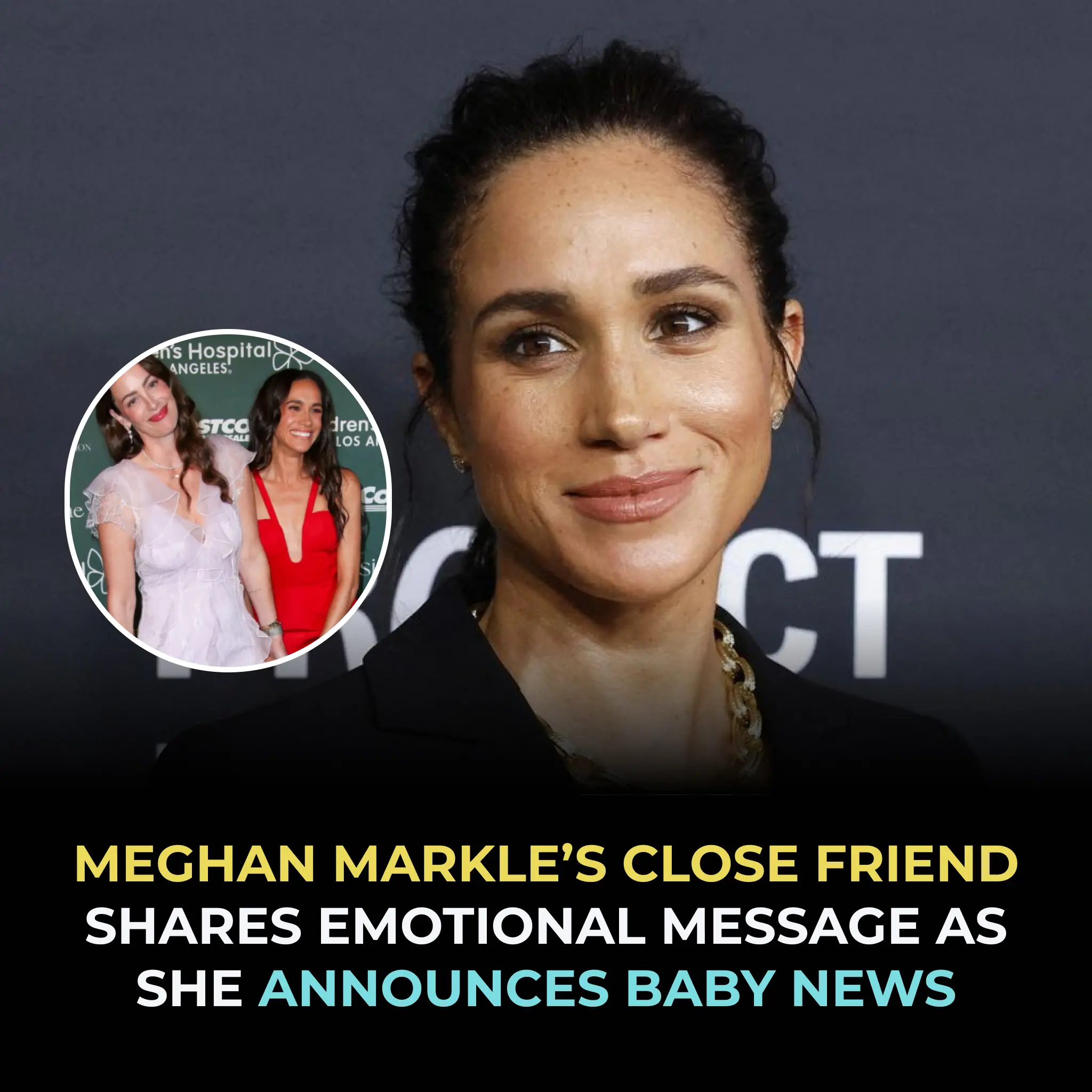
Meghan Markle’s close friend shares emotional message as she announces baby news

Craig Revel Horwood sparks backlash over "harsh" comments to George Clarke following emotional Strictly performance
News Post
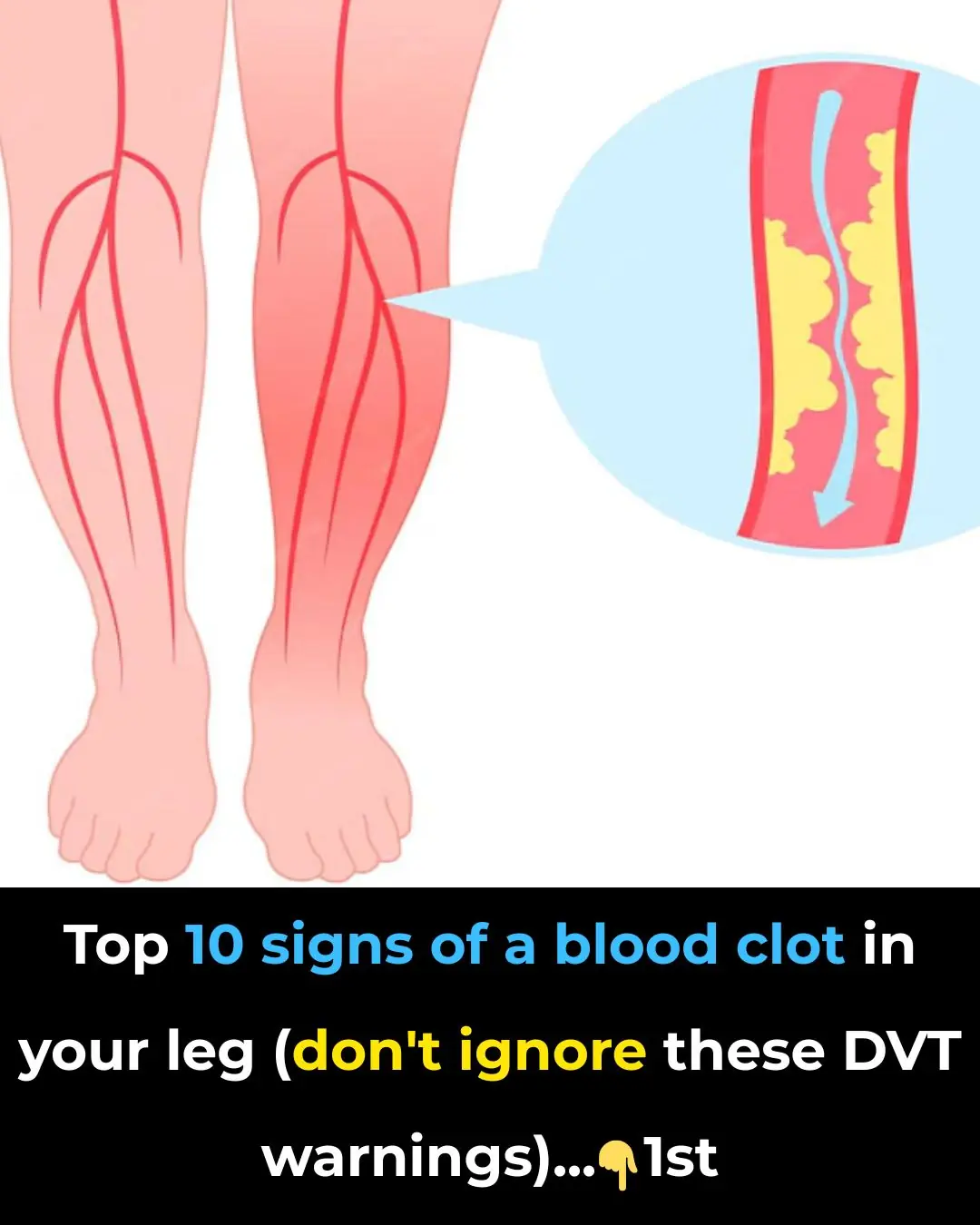
Top 10 signs of a BLOOD CLOT in your leg (prevent Deep Vein Thrombosis)
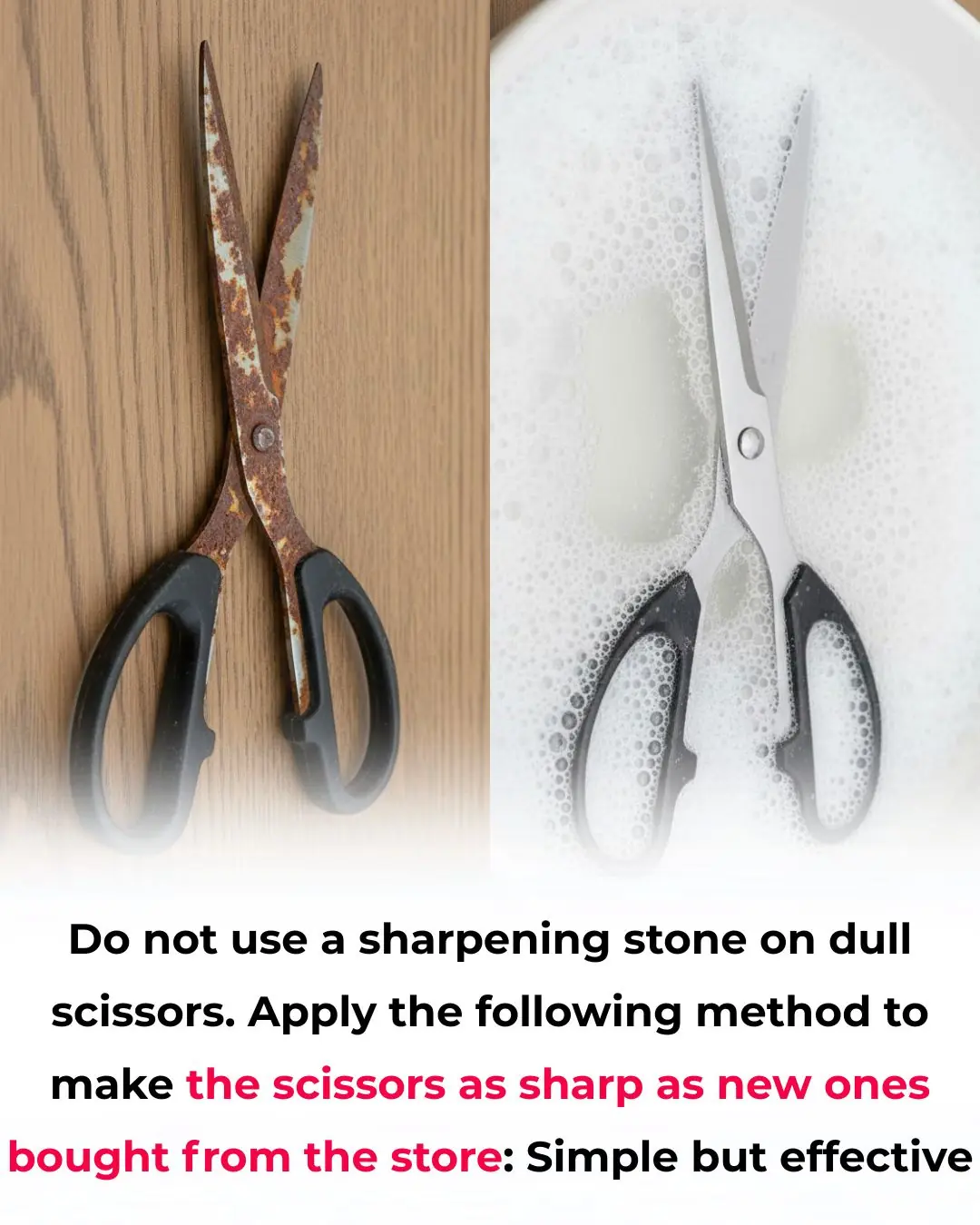
Do not use a sharpening stone on dull scissors. Apply the following method to make the scissors as sharp as new ones bought from the store: Simple but effective

Don't rush to throw away expired or leftover beer. Use it for these 8 things and everyone will praise it

Weeds or Wonders? Discover the Hidden Treasures in These 4 Common Plants

Say Goodbye to Parasites, Cholesterol, High Blood Pressure, and Poor Circulation With This 7-Day Homemade Drink

Drink This 2X a Day to Remove Uric Acid Before it Crystallizes in Your Joints and Becomes Painful

Simple Tips to Fade Freckles for a More Even and Radiant Complexion

5 Effective Ways to Clean Rust, Grease, and Stubborn Stains from Your Gas Stove—Making It Shine Like New
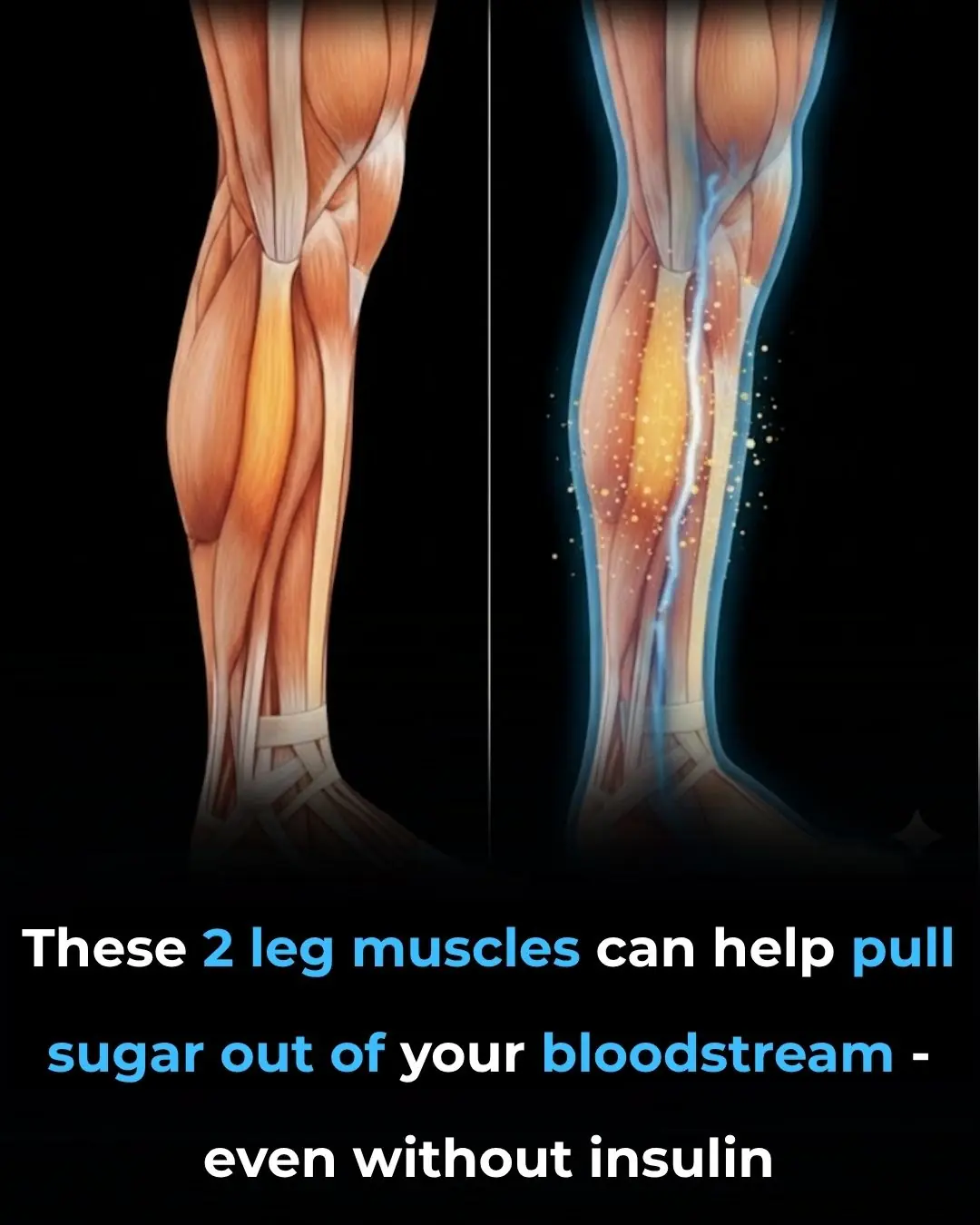
Lower blood sugar naturally by training just 2 leg muscles

Boil eggshells and say goodbye to the …

3 Food Combo to Strengthen Your Heart

Lone Star Tick Bites: Dangers, Symptoms, And Urgent Steps To Take

If You See A Bent Tree In The Forest, Start Looking Around Immediately

If You See Someone With This Tattoo On Their Hand, Here’s What It Means

Bear Caesar Finally Freed After Years In Cruel Torture Vest

Man Isolates Himself From Society For Over 25 Years. What He Does Is Beyond Belief

Chilling Final Posts Emerge From TV Host’s 19-Year-Old Daughter Before Her Tragic Death In Los Angeles

Lady Frederick Windsor brands royal family’s lives ‘total hell’: ‘A form of torture’

Good Morning Britain's Ranvir Singh wows in flattering cord jumpsuit that 'fits perfectly'
